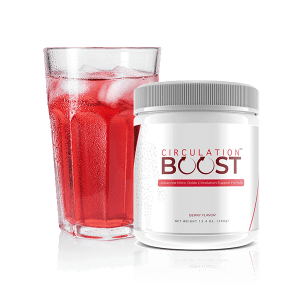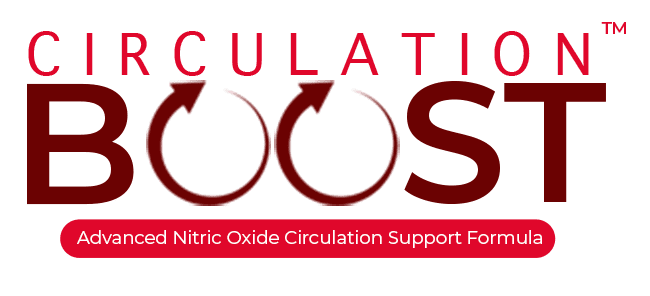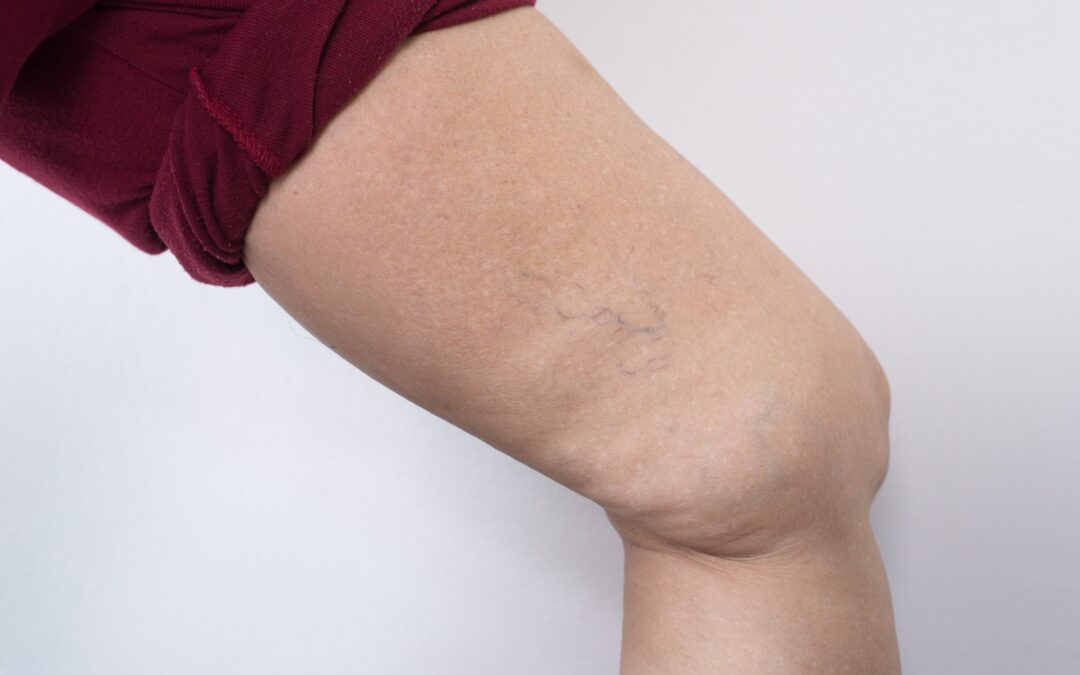Weather can affect your circulatory health. If you’re asking yourself, “how are cold weather and my circulation related?” then read on.
If you experience poor circulation, then you need to be aware of just how cold weather can affect you. In addition to increasing the risk of serious illness from lung and heart problems, cool days can impact your veins. The following article explores the effects of cold weather on circulation and how you can stay healthy through the winter.
Cold Weather and My Circulation
 The increase in cardiovascular disease and events during the fall and winter is called the winter cardiovascular disease phenomenon. One of the reasons it may happen is because cold weather constricts veins and arteries, leading to immense strain. Moreover, this may prevent the heart from getting the necessary oxygen, resulting in a number of cardiovascular events and issues.
The increase in cardiovascular disease and events during the fall and winter is called the winter cardiovascular disease phenomenon. One of the reasons it may happen is because cold weather constricts veins and arteries, leading to immense strain. Moreover, this may prevent the heart from getting the necessary oxygen, resulting in a number of cardiovascular events and issues.
Another reason may be that the sudden drop in temperature causes the body to work harder to regulate its temperature. All of this stress can result in higher blood viscosity and the formation of blood clots.
Cold Weather and Varicose Veins
However, if you have venous insufficiency, cold weather may help you feel some relief from your symptoms. While you may experience slower circulation in your extremities during cooler temperatures, you may feel less swelling, cramping, and pain.
However, cool weather can decrease the amount of time you spend being active, which exacerbates venous insufficiency. Even though the symptoms improve, changing from an active to a sedentary lifestyle during the winter can cause some problems. Since you’re less likely to spend time doing outdoor activities, you won’t get the circulation benefits of being physically active.
How to Improve Circulation
To avoid hitting this slump, make sure you prepare yourself so that you’re still physically active during the cold months. For example, you can get seasonal clothing that will keep you warm outside or exercise at the gym or home.
You should also avoid fatty and salty foods, as these promote unnecessary fluid retention and negatively affect the vascular system. If you have varicose veins, consider getting them treated by a vein specialist who can provide effective non-surgical approaches. Finally, wear compression stockings or socks to help ease the symptoms of poor circulation and promote effective blood flow.
 The Outlook
The Outlook
During the cold seasons, it’s important that you take care of your circulatory health – especially if you already have issues. In addition to following the tips above, you can get an extra boost to your blood flow by taking Circulation Boost.
It is an effective supplement that promotes healthier circulation, blood pressure levels, and more. Give your circulation what it needs this fall and winter and take Circulation Boost.

